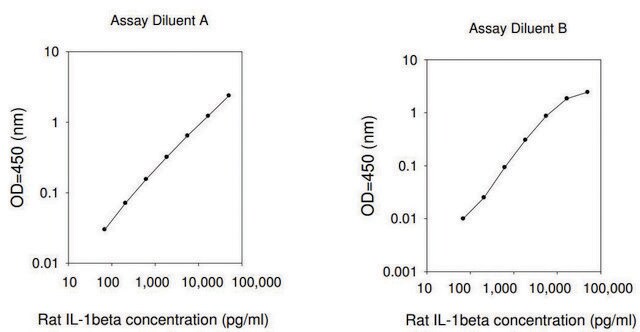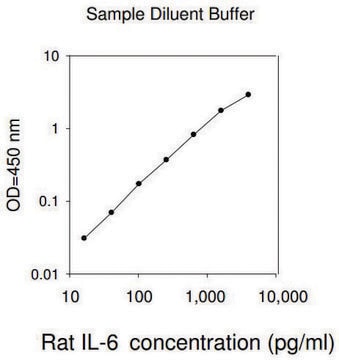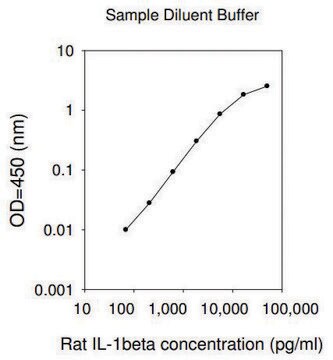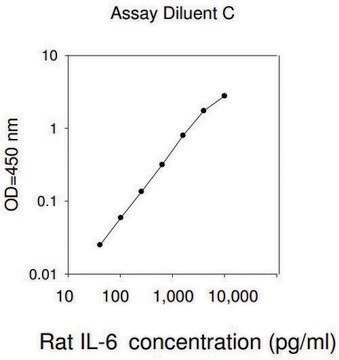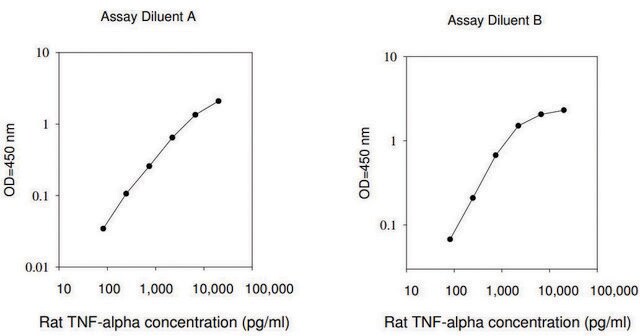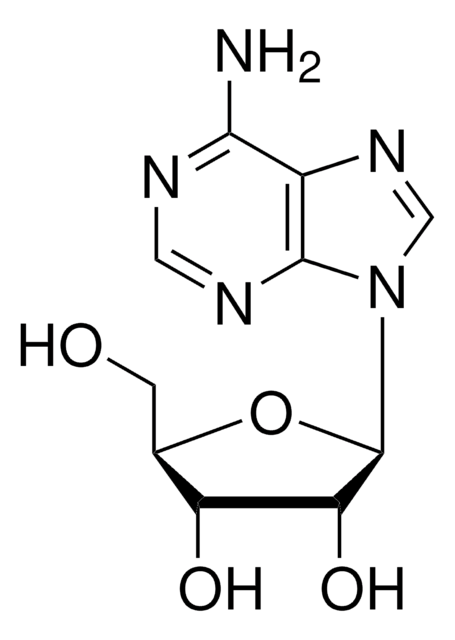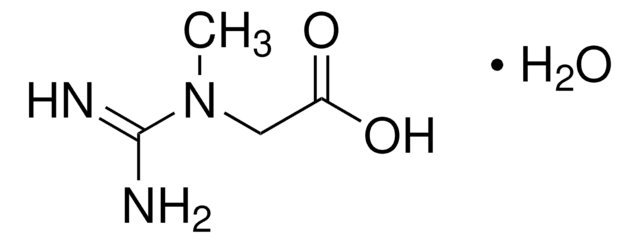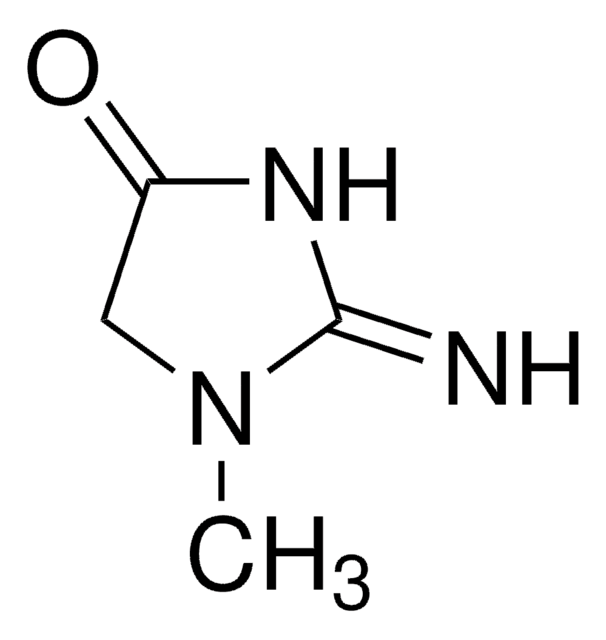RAB0272
Rat IL-1 α ELISA Kit
for serum, plasma and cell culture supernatant
Sign Into View Organizational & Contract Pricing
All Photos(2)
About This Item
UNSPSC Code:
41116158
NACRES:
NA.32
Recommended Products
species reactivity
rat
packaging
kit of 96 wells (12 strips x 8 wells)
technique(s)
ELISA: suitable
capture ELISA: suitable
input
sample type cell culture supernatant(s)
sample type serum
sample type plasma
assay range
inter-assay cv: <12%
intra-assay cv: <10%
sensitivity: 15 pg/mL
standard curve range: 10.97-8000 pg/mL
detection method
colorimetric
shipped in
wet ice
storage temp.
−20°C
Gene Information
rat ... Il1a(24493)
General description
The Rat IL-1 α ELISA (Enzyme-Linked Immunosorbent Assay) kit is an in vitro enzyme-linked immunosorbent assay for the quantitative measurement of Rat IL-1 α in serum, plasma, cell culture supernatants and urine.
Immunogen
Recombinant Rat IL-1 α
Application
For research use only. Not for use in diagnostic procedures.
Please refer to the attached General ELISA KIT Procedure (sandwich, competitive & Indirect ELISA)
Please refer to the attached General ELISA KIT Procedure (sandwich, competitive & Indirect ELISA)
Other Notes
A sample Certificate of Analysis is available for this product.
Please type the word sample in the text box provided for lot number.
Please type the word sample in the text box provided for lot number.
Kit Components Also Available Separately
Product No.
Description
SDS
Signal Word
Warning
Hazard Statements
Precautionary Statements
Hazard Classifications
Met. Corr. 1
Storage Class Code
8A - Combustible corrosive hazardous materials
Choose from one of the most recent versions:
Already Own This Product?
Find documentation for the products that you have recently purchased in the Document Library.
Huanhuan Jiang et al.
Experimental and therapeutic medicine, 18(1), 459-466 (2019-07-02)
The aim of the present study was to explore the protective role of resveratrol (RES) in asthma-induced airway inflammation and remodeling, as well as its underlying mechanism. An asthma rat model was induced by ovalbumin (OVA) treatment. Rats were randomly
Camila Tiefensee Ribeiro et al.
Neurochemistry international, 126, 27-35 (2019-03-09)
Carvacrol (CARV) presents valuable biological properties such as anti-inflammatory and antioxidant activities. However, pharmacological uses of CARV are largely limited due to disadvantages related to solubility, bioavailability, preparation and storage processes. The complexation of monoterpenes with β-cyclodextrin (β-CD) increases their
Maxime Bonnet et al.
Materials science & engineering. C, Materials for biological applications, 107, 110354-110354 (2019-11-26)
In line with experiments showing that implanted hydrogels are promising tools, we designed and injected, after a C2 spinal cord hemisection, a thermoresponsive and thermoreversible physically cross-linked poly(N-isopropylacrylamide)-poly(ethylene glycol) copolymer in order to reduce functional deficits and provide a favorable
Songfeng Zhao et al.
Chinese medical journal, 127(13), 2463-2469 (2014-07-06)
Epidermal burn injury may trigger significant apoptosis of the spleen cells, which might be caused by a burn-induced systemic inflammatory reaction. Heparin has been shown to possess anti-inflammatory properties. Interleukin 1 (IL-1) is centrally important among pro-inflammatory cytokines. We hypothesized
M Willi et al.
Clinical and experimental immunology, 178(1), 190-200 (2014-06-14)
Periodontitis is an inflammatory infectious disease that destroys the tooth-supporting tissues. It is caused by multi-species subgingival biofilms that colonize the tooth surface. Porphyromonas gingivalis, Treponema denticola and Tannerella forsythia (i.e. 'red complex' bacteria) are characteristic subgingival biofilm species. The
Our team of scientists has experience in all areas of research including Life Science, Material Science, Chemical Synthesis, Chromatography, Analytical and many others.
Contact Technical Service